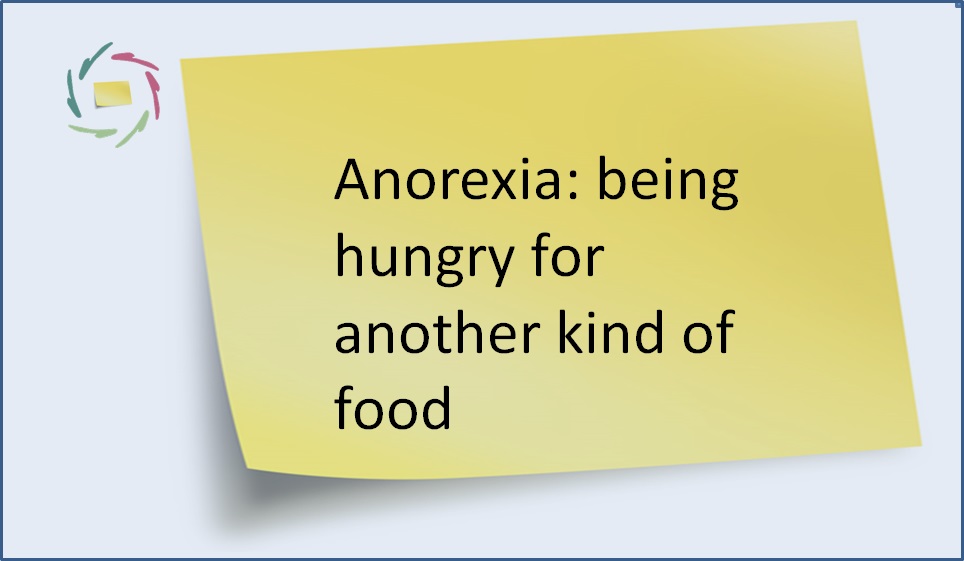Symptom = Problem?

A ‘symptom’ is primordially just an issue that you give some of your attention to. It only becomes a ‘symptom’ when you experience it as such.
The reason why we see a psycho-somatic symptom as a problem
is because we see it as some kind of entity that doesn’t really belong to who we are.
The reason then again why we do this, is because we see ourselves as entities. So: one entity (human) suffers from another entity (symptom, disease). Then we go to an entitologist to get rid of the latter.
You can do so, but only within an illusion.
It’s not real.
That’s why our healthcare system is so immensely costly and yet so many people are ill, ill, ill… needlessly.
Another take: any psycho-somatic symptom is an invitation to you.
Any such symptom can be seen this way. Something is wrong inside your body-mind.
And it shows itself. It invites your attention.
Turning it into a problem, is problematic
Yet at present, this is so very much lying within Western (and Eastern?) culture that we don’t even notice it anymore. It rather seems like the most normal, indeed the only thing one can sensibly do.
The following is an exercise towards relaxing the ‘problem’.
This ‘thing that you could call a symptom’
Take a step back and look at the same without calling it a ‘problem’, nor a pain, an itch, a tension…
Then not even a symptom.
Ask yourself (almost) literally: “This thing that I could call a symptom – but now I don’t – what could I call it instead? Or even more interesting: “What if I just give no name at all to it, just let it be ‘this’?”
Just look at it, or feel it in your body.
Is it even your body? Or is it your body-mind?
Try to feel now how your body and your mind coincide. What you feel is not anymore in your body. It’s in some mental-physical space that happens to be known as ‘you’.
Is it still a problem?
Is it even still a symptom or is it something indefinite, hanging around?
You can try this. It’s always interesting.
But there is no guarantee that something comes from this to you that you can distinctly recognize as interesting. Give some attention then to your experience itself. Even to the ‘nothing happens’ experience if that’s the case. Nothing needs to be proven. It’s not a contest. It’s just a little exercise.
Only please be genuinely curious. Something might occur to you quite unexpectedly.
Good. Next exercise.
From this not-giving-a-name, you might slowly go now to giving it the name that you would usually give it: ‘ah this pain in the back again’… or something.
And see what it does to you.
On the road to ‘pain’, you might also try something else. Perhaps it feels more like a dull feeling, something pushing or tearing inside.
The pain might be secondary.
Maybe it’s now a ‘slightly painful push’? Or maybe it’s a ‘pain’ but not at this moment a ‘bothering pain’. But if it’s not bothering, should you still call it ‘pain’? Isn’t a characteristic of pain precisely that it bothers you?
Many things may happen.
Always try to be present in your attention.
It’s always OK.
You are OK.


